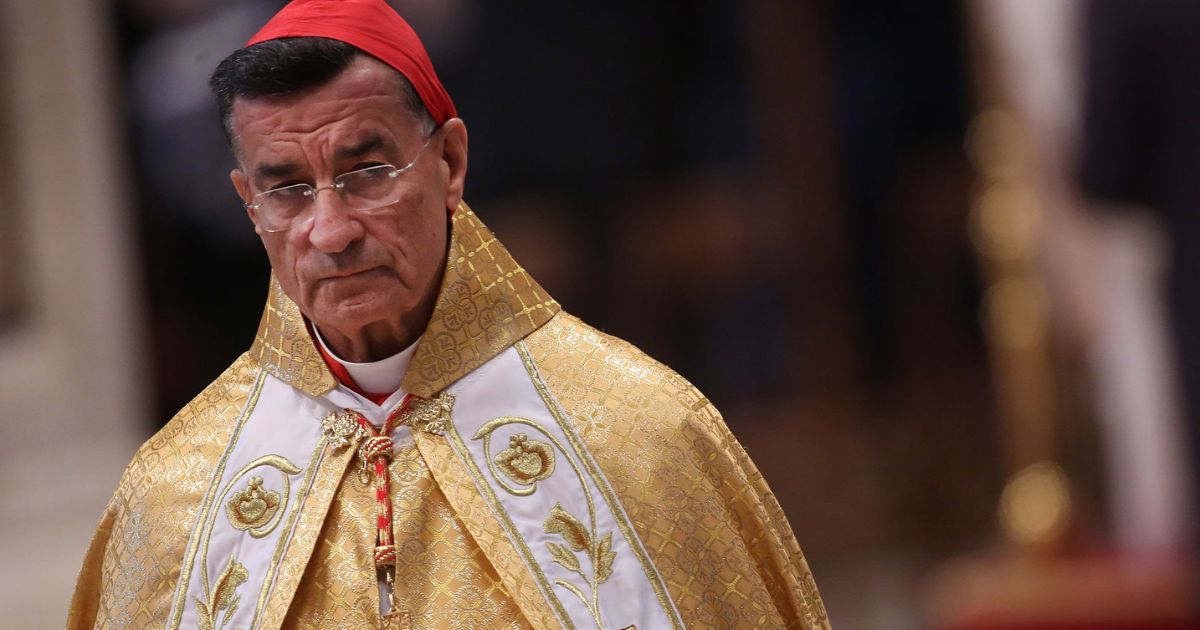This past Sunday, Nov 3rd, Lebanon witnessed fierce protests by the revolutionists in response to the one conducted by supporters of President Michel Aoun and the Free Patriotic Movement. The event was named “Sunday of Pressure” by the revolutionaries who took to the streets in significant numbers to express that their stance toward the current ruling authority has not changed.
They also declared that there would be a general strike on Monday to add to that pressure. Their initial go-to method of goading was road blocking, which has proven very efficient. It had a clear effect on the government, which quickly proposed reformation strategies early on within the first few days after October 17.
That was followed by PM Saad Al-Hariri finally offering his resignation as it became clear that the revolutionists feel strong disapproval and distrust towards the political class and their promises of reformation.
Despite that, the resignation was the last response that the Lebanese people heard from their government. Since then, no further steps were taken to comply with the unabating demands of the people on the streets. This has forced them to take their methods of protest a step further to ensure the realization of their demands.
This next stage is civil disobedience, which, although not fully in effect yet, has already begun to manifest in several areas around Lebanon since Monday, Nov 4th.
With protesters choosing government institutions and various public facilities as their rally points, it is becoming clear that they are getting more impatient with and irritated by the state of denial that the members of the political system seem to be living in.
For instance, dozens of public school students in the southern city of Sidon performed demonstrations in front of the building of “Electricity of Lebanon” in the city. That came in objection to the policy of rationing and demanding a 24/24 electricity supply and lower prices. The branch of the same institution was targeted as well by demonstrators in Corniche Al Naher today Thursday, Nov 7th.
Furthermore, protesters closed the entrance to the Tripoli branch of the Ministry of Finance on Wednesday, Nov 3rd. Meanwhile, the “Car Registration Service” in Dekwaneh remains closed due to the protests at its doors for the second day in a row.
Similar measures are being taken by revolutionaries around Lebanon as the call for total civil disobedience grows louder among them.
Additionally, school and university students took to the streets and formed protests in many locations, the most notable of which is at the Ministry of Education and Higher Education in Beirut. The students decided to skip their classes and participate in the ongoing demonstrations, calling for the people’s demands.
Among these resounding demands: The recovery of the money stolen from the state by the corrupt, the arrangement of early elections, and the formation of a technocratic government in which elected officials appoint experts and professionals to administer individual government functions and recommend legislation.
Civil disobedience is used as a peaceful form of political protest. When people decide to partake in the act, they generally undergo a general strike in which a substantial proportion of the total labor force in a country participates.
Employees stop showing up at work, students refuse to go to their universities, and many proceed to the streets to join protests, mostly in front of government centers.
Moreover, during an advanced level of civil disobedience, citizens cease paying their bills to the government. In addition to that and to blocking main roads, civil disobedience involves the act of forming large groups in front of various government facilities and centers, blocking their entrances and paralyzing their functionality; something we’re beginning to witness in Lebanon today.
Many public institutions such as the aforementioned “Electricity of Lebanon”, telecommunications companies, universities, central banks, as well as municipal buildings and vehicle registration centers represent important targets for revolutionists undertaking civil disobedience.
Demonstrations and sit-ins remain a very effective tool for keeping the ruling class under pressure, and revolutionaries have no intention of leaving the streets anytime soon.
In fact, demonstrations coupled with civil disobedience form a very powerful weapon to which the authority will most likely be forced to submit.
Nonetheless, going back to focusing on blocking roads is always an option in case the ruling parties continue with their intransigence.
Follow us on Instagram @the961 as we are currently covering the revolution stories in Lebanon and the protests abroad. Also, join us on Facebook @The961Lebanon to engage with our fans in Lebanon and across the world.





















